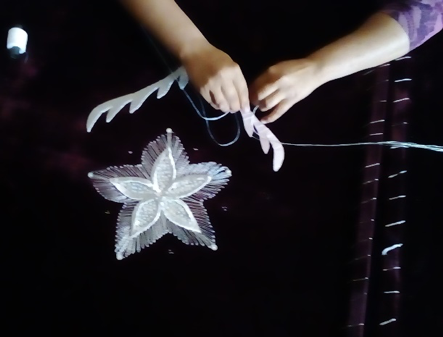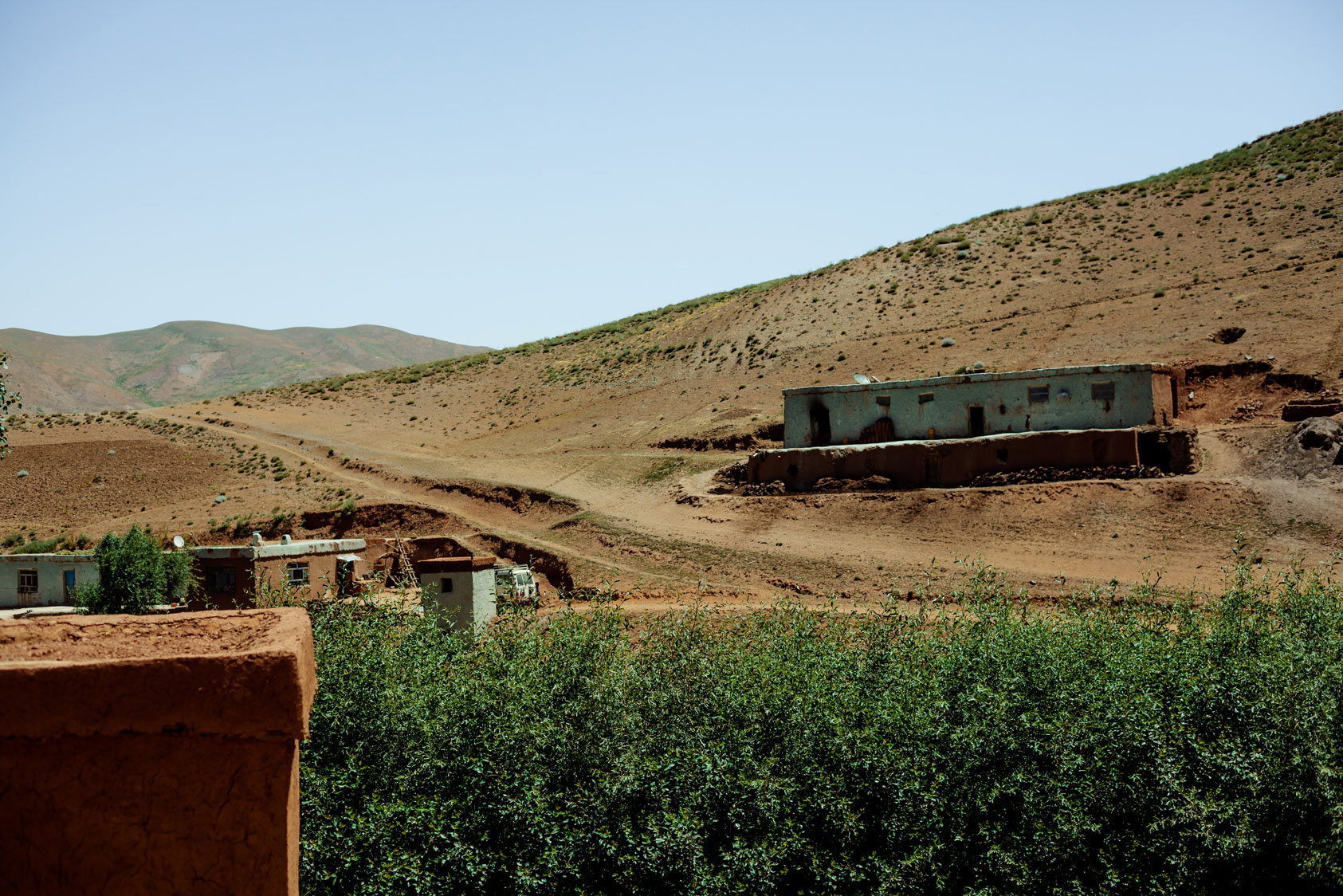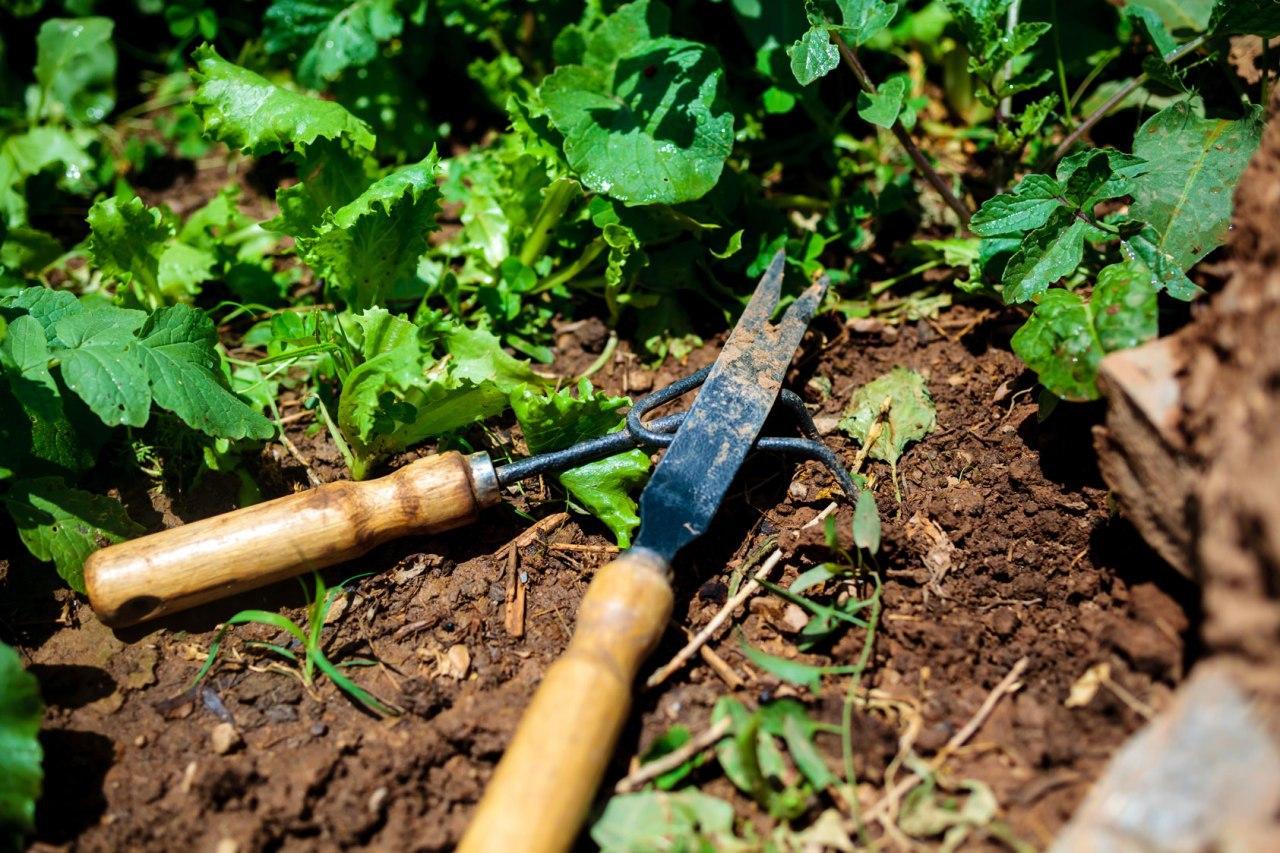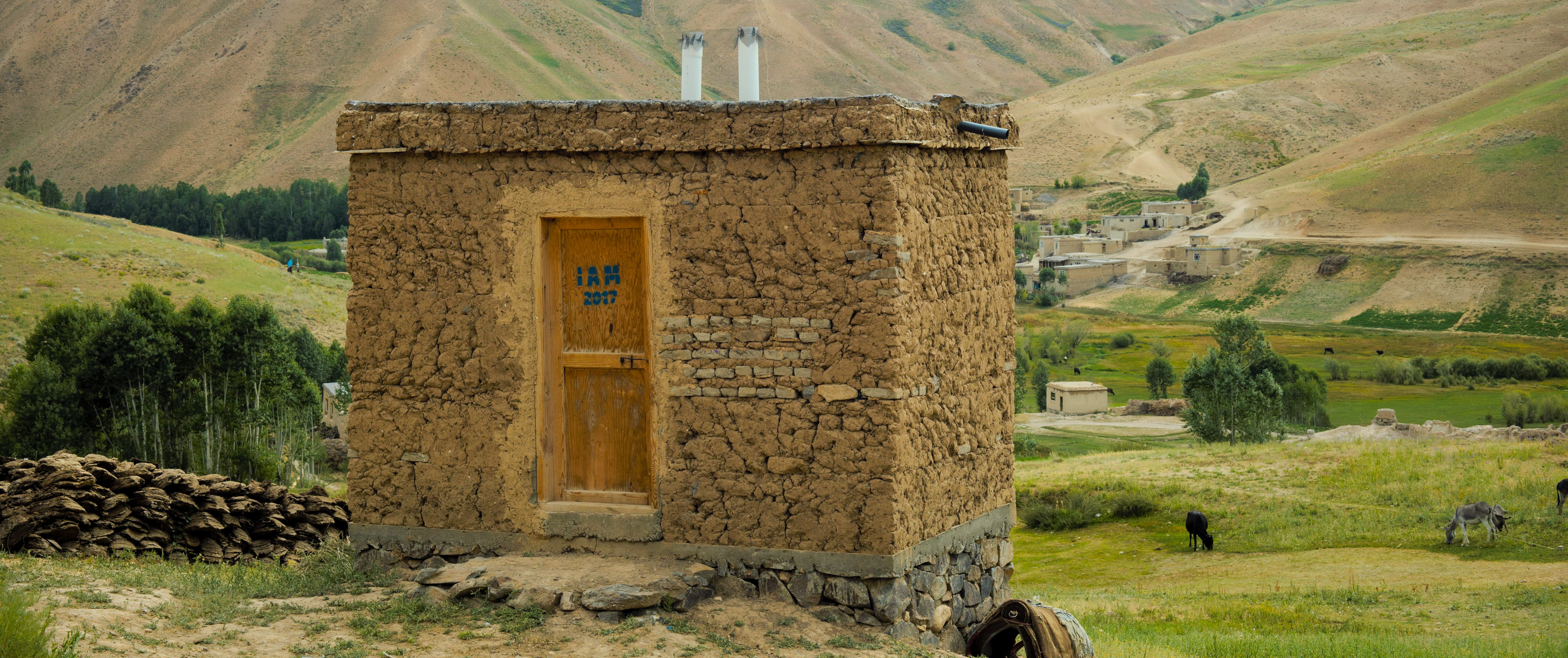We are passionate about using best practices for tackling the poverty and injustice that prevents communities and individuals from thriving.
IAM works in partnership with communities to help some of the poorest people in Afghanistan transform their lives.
Network for Environmental Health and Agrarian Learning
Afghanistan is an agrarian driven country, whose environment has been severely degraded by war, climate change, and harmful and neglectful practices. In response, NEHAL will be focusing on researching and applying sustainable agricultural techniques and methods for increasing people’s food resiliency while at the same time promoting the health of the land. We are employing permaculture principles to create an agroforestry demonstration site that where we will also be demonstrating other sustainability and environmentally beneficial practices. Permaculture integrates land, resources, people, and the environment through mutually beneficial synergies. It is a multidisciplinary toolbox including agriculture, water harvesting and hydrology, energy, natural building, forestry, waste management, animal systems, aquaculture, appropriate technology, economics and community development that is applicable to any scale in urban or rural areas.
For more information about our NEHAL project click here.
Mazar Livelihood and Development Project
In 2018, the twin threat of insecurity and severe drought meant that more and more people were moving into the outskirts of Mazar to try and find safety and opportunities to provide for their family.
As a response to this need, 2018 saw the creation of the Mazar Livelihoods and Development Project (MLDP). MLDP was created as a pilot project to find out how to provide development support and help improve the livelihoods of the internally displaced people (IDPs) that are now moving to the outskirts of the city.
After a time of research, speaking with other organisations and visiting other project sites, staff selected an area on the edge of the city of Mazar.
As conflict, drought, and economic pressure continue to force people throughout Afghanistan to leave their home communities and as a big number of displaced people from across the north of Afghanistan have resettled on the outskirts of Mazar, we continue to partner with these community members and leaders to develop their ability to survive and make a life in their new home. We have also been working to raise awareness of the situation of IDPs and advocating for our partner communities, with the hope that relevant government entities and other NGOs will also get involved in supporting their long-term development.
MLDP facilitates a wide range of activities in our partner communities to improve the quality of life for these IDPs. From educating IDPs on different topics such as health, income generating skills, helping them to address their own problems, to showing them practical and productive ways to use their land, our aim is to see improvements in every sphere of project participants lives.
Find out more about our Mazar Livelihood Development Project here!
Community Development Programme
We are also networking with other environmental sustainability groups around the country to galvanize a group that will work toward a healthier and more sustainable Afghanistan. We will hold conferences and trainings with other network members as well as, through online platforms such as Facebook, raise awareness and create resources for the general public to learn about sustainable agriculture. both in the commercial as well as private sphere. We will be sharing research, collaborating on events, creating how-to videos, and highlighting other like-minded sustainable farmers and groups to people around the country so that we can to inspire change in areas throughout the country.
In the future we will be expanding to working with schools. With this partnership we will work with children to learn about the importance of environmental sustainability as well as basic gardening skills to enable the future generation of Afghanistan with the knowledge and skill for taking care of themselves and their country’s environment.
We are working with a marginalised people group in Afghanistan’s Central Highlands, increasing the capacity of communities to meet their own basic needs. In this remote and hard-to-reach part of the country, many communities still don’t have access to clean water or sanitary latrines. Infant mortality is a huge problem, with many families suffering the loss of multiple babies. And access to good education and health care is limited.
We are also working with communities who have been displaced within Afghanistan due to war, drought and other factors beyond their control.
Through IAM development projects, we are helping to improve food security, fight infant and maternal mortality, and improve access to clean water and good sanitation; we’re running literacy, peacebuilding and community leadership courses; we’re helping families improve their finances and empowering communities to develop and thrive.
We work with groups of remote communities over the span of several years, building relationships, getting to understand each community’s capacity and needs, and then working together for sustainable development.
Find out more about our Community Development Programme here.
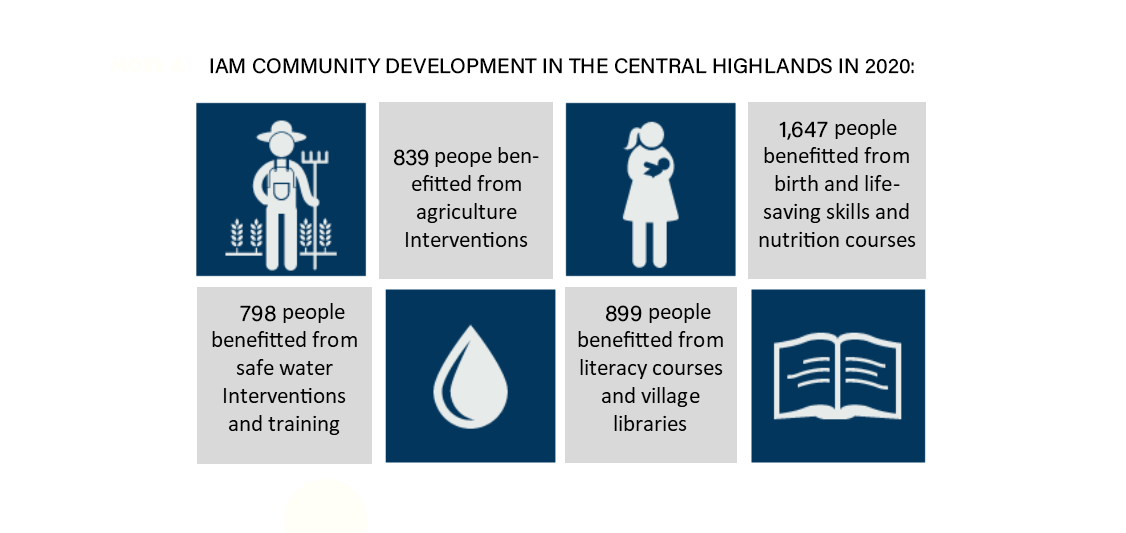
What difference is IAM development work making?
‘My dead child is alive again!’
Hamida’s* ten-month-old daughter was very malnourished when IAM’s Community Development Team met her during a visit to her village in Afghanistan’s Central Highlands. Hamida told us, “I am very worried that she will die. She has been growing weaker and thinner by the day. I don’t know what is wrong with her.”
Our team explained to Hamida that her child was malnourished, and gave her nutritional advice as well as some super-flour (a combination of locally available grains and legumes that make a complete protein). We encouraged Hamida and told her that if she keeps her daughter clean and feeds her enough nutritious food, she will survive and grow healthy.
Every month, as we made follow-up visits to this village, we saw Hamida’s daughter get better and better. After eight months, she was no longer in the malnutrition zone.
“I did all the things you told me,” Hamida said. “I fed her super flower-porridge and other food, like vegetables and eggs.
“My dead child is alive again! I am so grateful to IAM for all the help you give to poor people.”
*name changed
Check out the stories below to discover more about IAM’s development work and the difference it is making to people’s lives. And find out about some of our previous development projects here.
Inspired by what you’ve read about our development work? Partner with us and help us reach more people by giving today!
